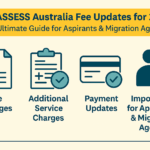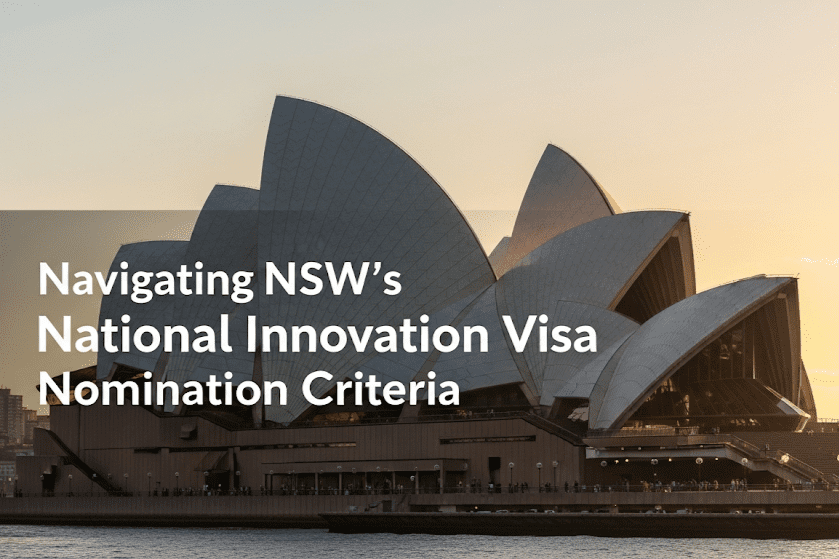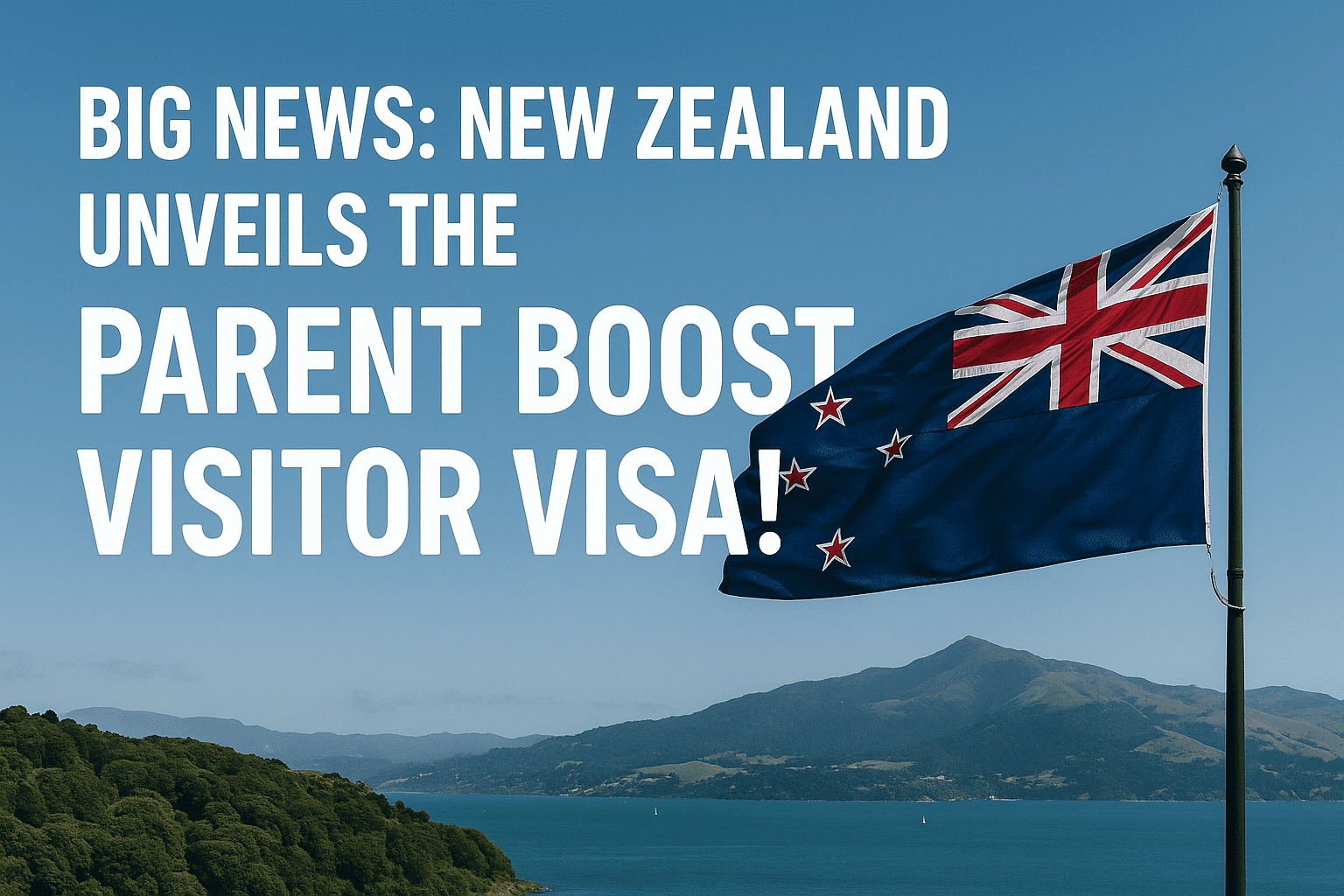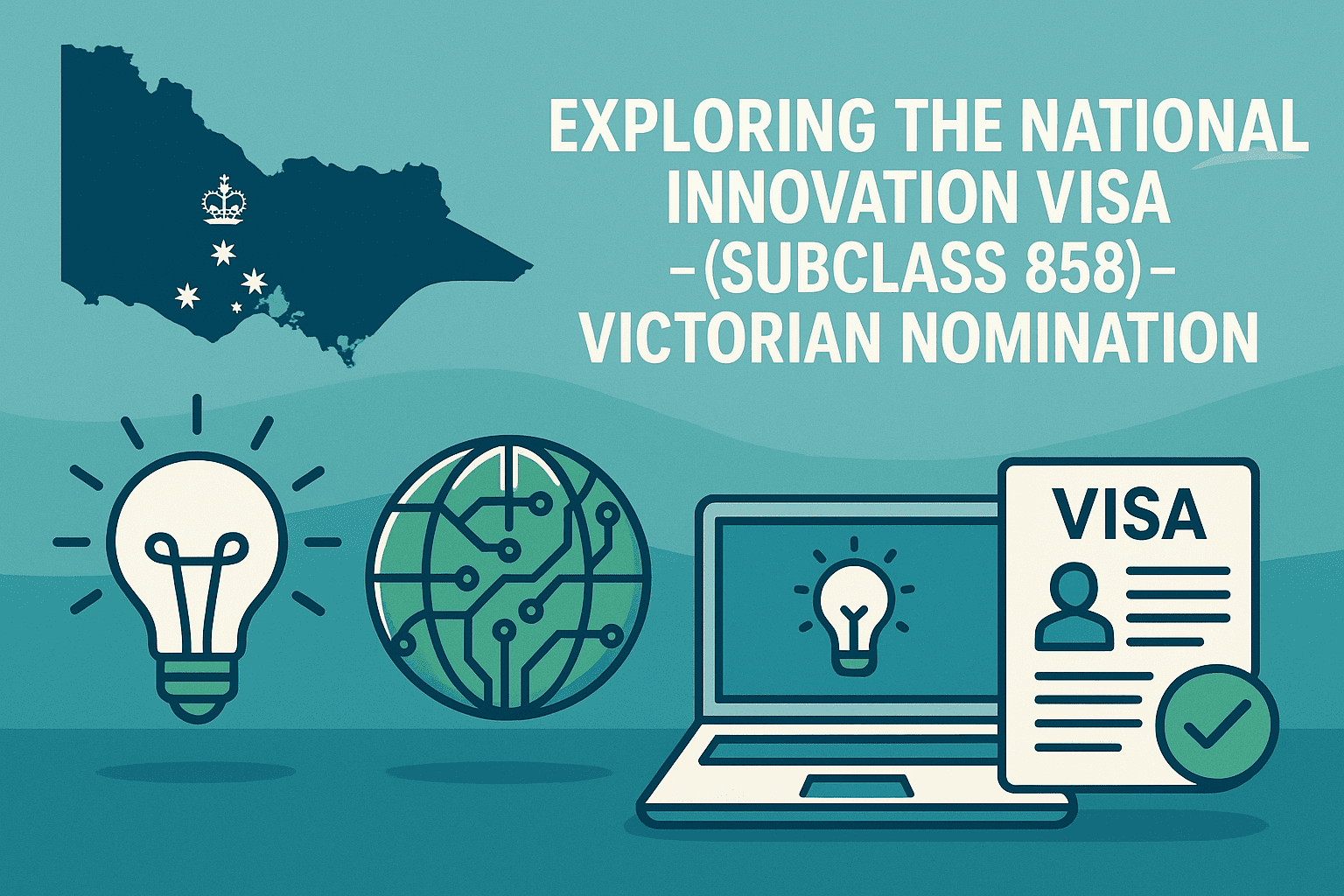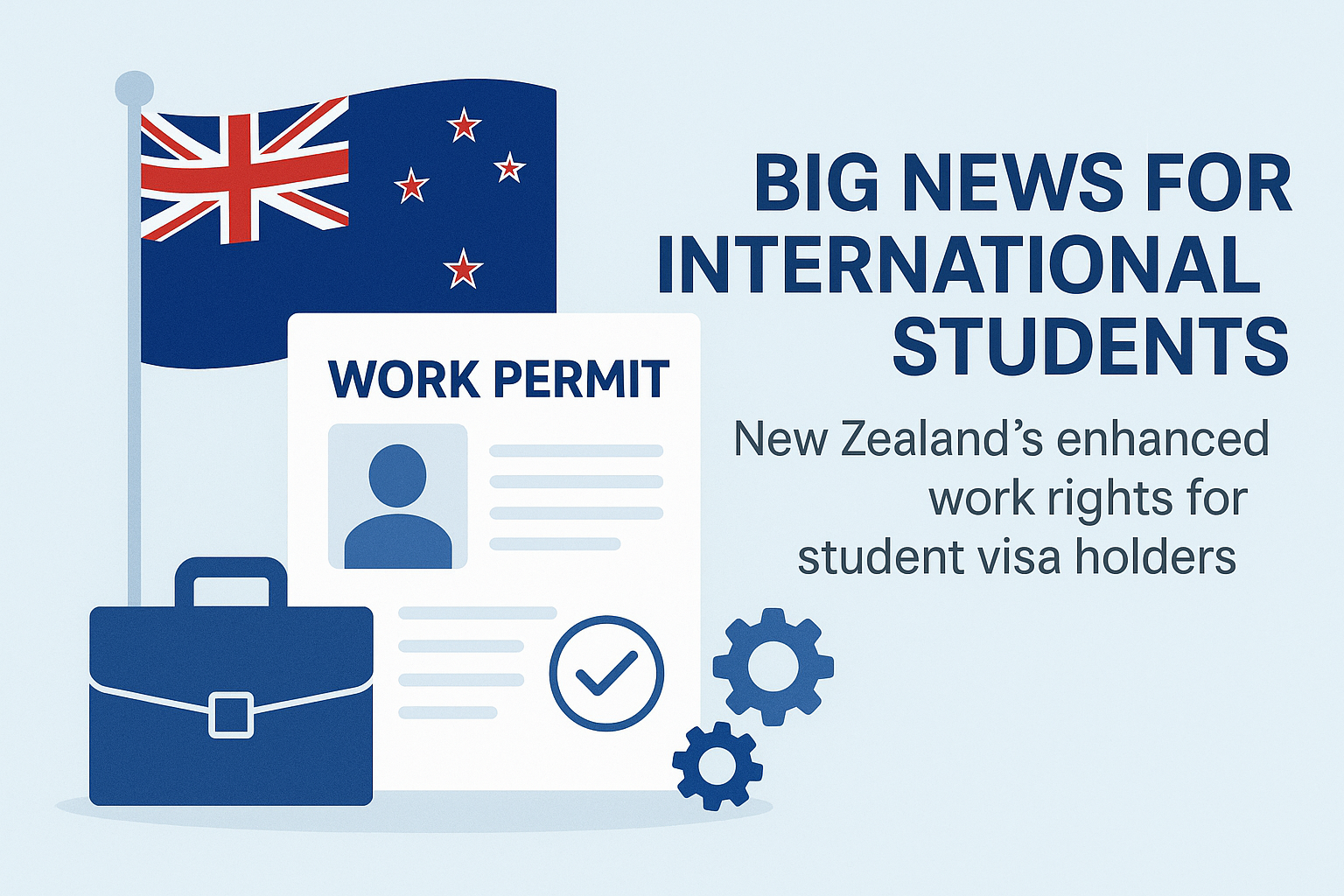VETASSESS Australia Fee Updates for 2025: The Ultimate Guide for Aspirants & Migration Agents
Whether you’re mapping out your Australian migration pathway or guiding clients through skill assessments, staying on top of the latest VETASSESS fee changes is
Get Ready to Ace August 2025: Upcoming Coaching Sessions for English Proficiency
Are you ready to shine this August and make your study-abroad dreams a reality? Whether you’re chasing university offers, visa stamps, or career boosts, your
Navigating NSW’s National Innovation Visa Nomination Criteria
With nominations for the National Innovation Visa (subclass 858) set to open in NSW in July 2025, prospective applicants are eager to understand what it
Big News: New Zealand Unveils the Parent Boost Visitor Visa!
Are you dreaming of reuniting with your loved ones in New Zealand for a longer, more meaningful visit? There’s fantastic news on the horizon! New
Kazakhstan: The Hidden Gem Transforming Medical Dreams into Reality
When you dream of a global medical education, Kazakhstan may not be the first destination that leaps to mind. Yet, for forward-thinking students, this Central
Why China Is the Next Frontier for Your MBBS Dreams
Embarking on a medical career is both thrilling and challenging. For thousands of ambitious students worldwide, China has emerged as a beacon of opportunity—offering a
Exploring the National Innovation Visa (Subclass 858) – Victorian Nomination
Australia’s National Innovation Visa (subclass 858) provides a fast-track to permanent residency for individuals with exceptional international achievements, and Victoria is at the forefront of
Why Poland is a Hidden Gem for MBBS Aspirants: An Attractive Destination for Future Doctors
Are you dreaming of donning that iconic white coat, diagnosing patients, and making a global difference as a medical professional? If so, Poland might just
Big News for International Students: New Zealand Announces Enhanced Work Rights for Student Visa Holders
The New Zealand Government has made a significant announcement that will impact international students planning to study in the country. With an aim to make
Why Russia Could Be Your Perfect Launchpad for a Medical Career
Imagine stepping into a world where your dream of becoming a doctor is not just a distant goal, but a vibrant, attainable reality—all without breaking



